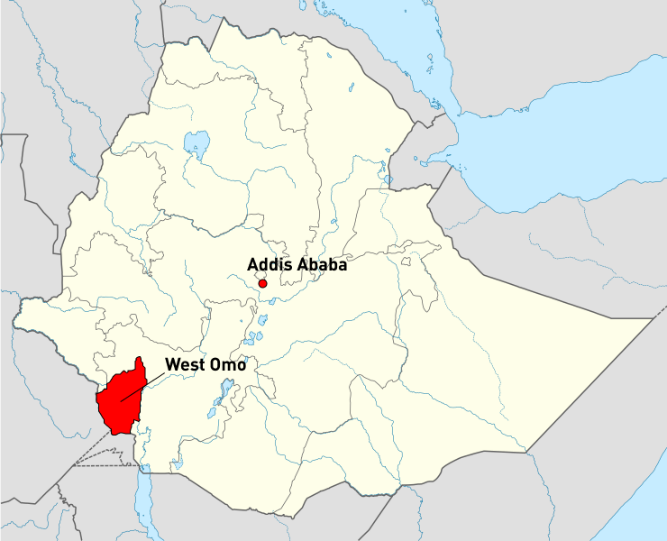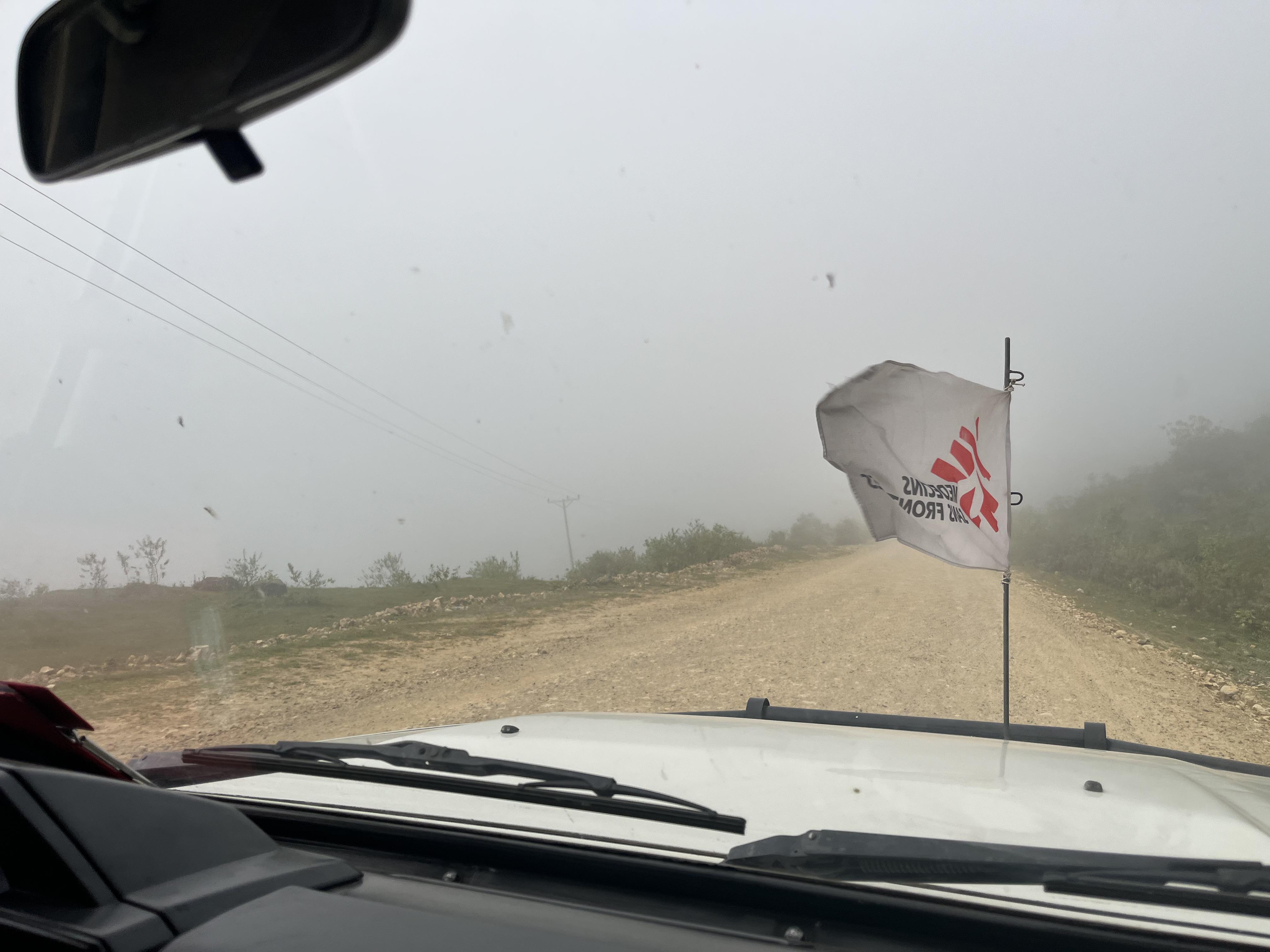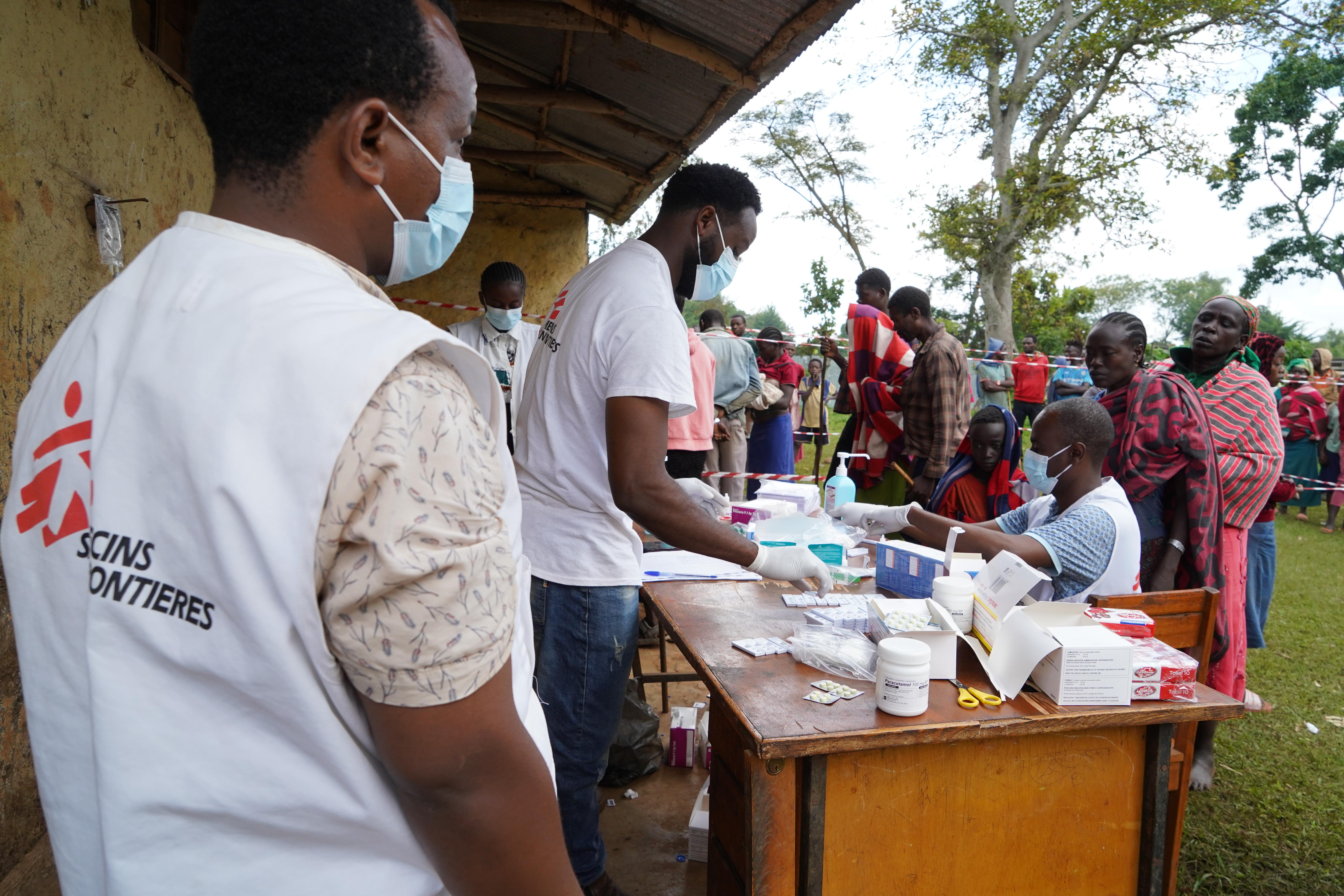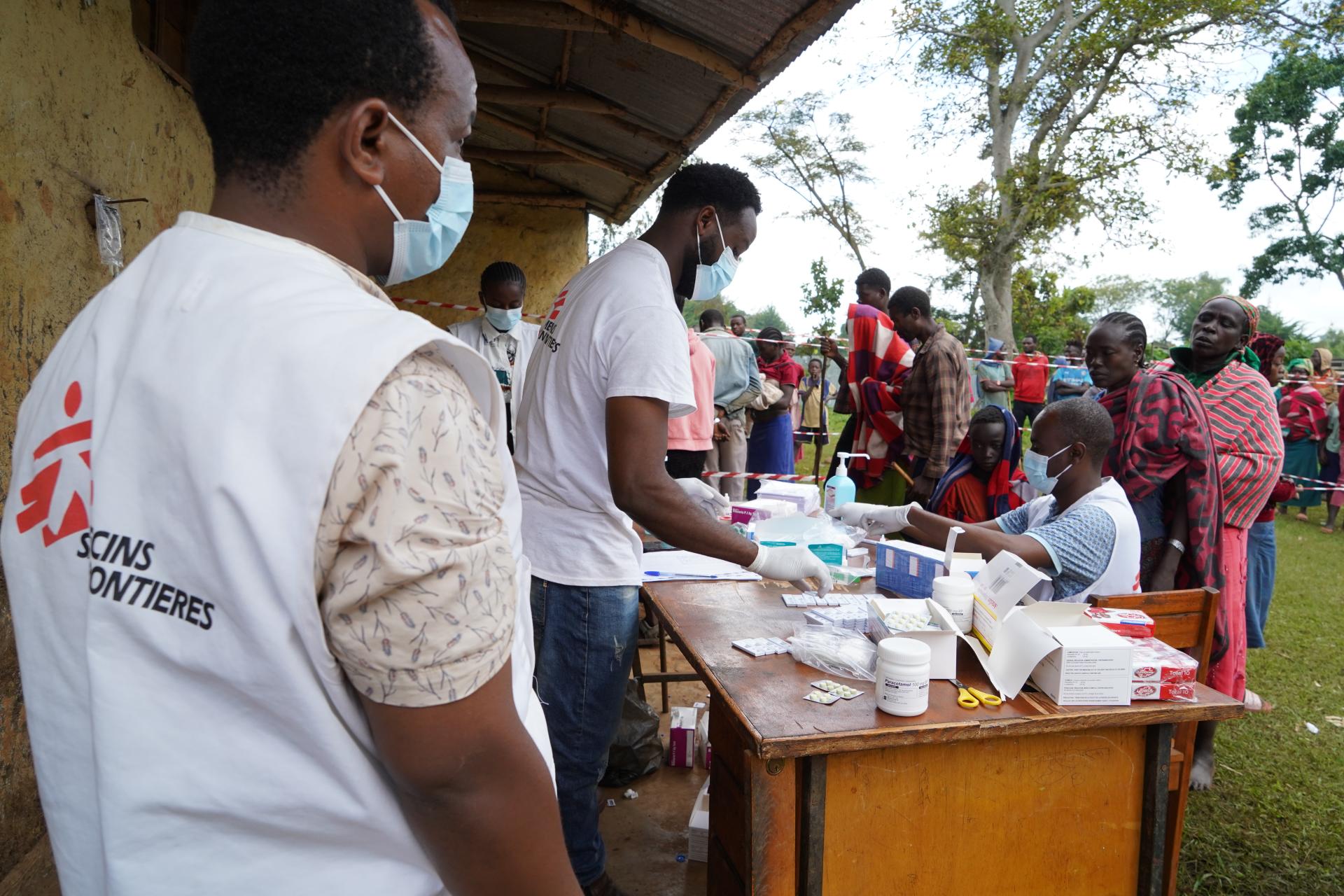Over a short period of two months, an MSF team in Ethiopia vaccinated over 36,000 children against measles and treated 2,700 cases of measles and over 6,000 cases of malaria, in response to elevated levels of the diseases among hard-to-reach populations in the zone of West Omo.
The team had been responding to a kala azar epidemic in the South Omo zone, near the South Sudanese border, when in late October they were alerted by the local authorities to a measles outbreak and malaria peak on the other side of the Omo River

MSF is the only international humanitarian organisation working in this West Omo Zone, and prior to our arrival it was estimated that up to three children were dying each day of infectious diseases in the district of Bachuma alone.
Tackling this emergency would be nothing straightforward, as Medical Coordinator Destaw Bantayehu explains. ‘It was extremely difficult terrain and the populations are hard to reach. Heavy rains exacerbated access issues with the already bad road conditions; the team often came back to base at late hours.’

In the beginning, a lack of reliable population data hindered the team’s ability to determine needs for the vaccination campaign – West Omo’s most recent census was carried out 15 years ago and the population is believed to have doubled in size since then – and the severity of the outbreak was initially underestimated, which meant that more resources, including supplies, were required than foreseen. Originally only planned for one month, the intervention was extended by another month to meet inhabitants’ needs.
The intervention hit its stride, however, and in addition to treating thousands of measles and malaria cases and administering tens of thousands of vaccines, the team also undertook important health promotion work. Asamenech Zewde, the mother of a patient in MSF’s clinic in West Omo, spoke highly of MSF during an interview for local TV. ‘They are giving the treatment and at the same time they are teaching us how to prevent this disease. I wish we could get the same treatment always.’

The team even went beyond the scope of the infectious disease response, conducting malnutrition screenings and referring 22 severe cases to the local hospital.
Destaw says the success of the emergency response was down to cohesive teamwork and MSF’s overall flexibility as an organisation to adapt its strategy. ‘There were also external factors,’ he said. ‘Engagement with the community leaders and their involvement with mobilisation and security helped a lot. Also, collaboration with the Ministry of Health and their willingness to listen to us contributed to the response’s success.’
‘It’s rewarding to know that 36,000 children are now protected from measles,’ says Daniel Birru, Flying Project Medical Referent, ‘and to see a reduction of in-patient mortality from malaria and measles – down from 5% to 0.7%.’
Though the team has now returned its focus to South Omo, the impact of their efforts will live on through the Ministry of Health staff who were part of the intervention, as the transfer of knowledge and skills will have invaluable long-term benefits for the communities they treat.
